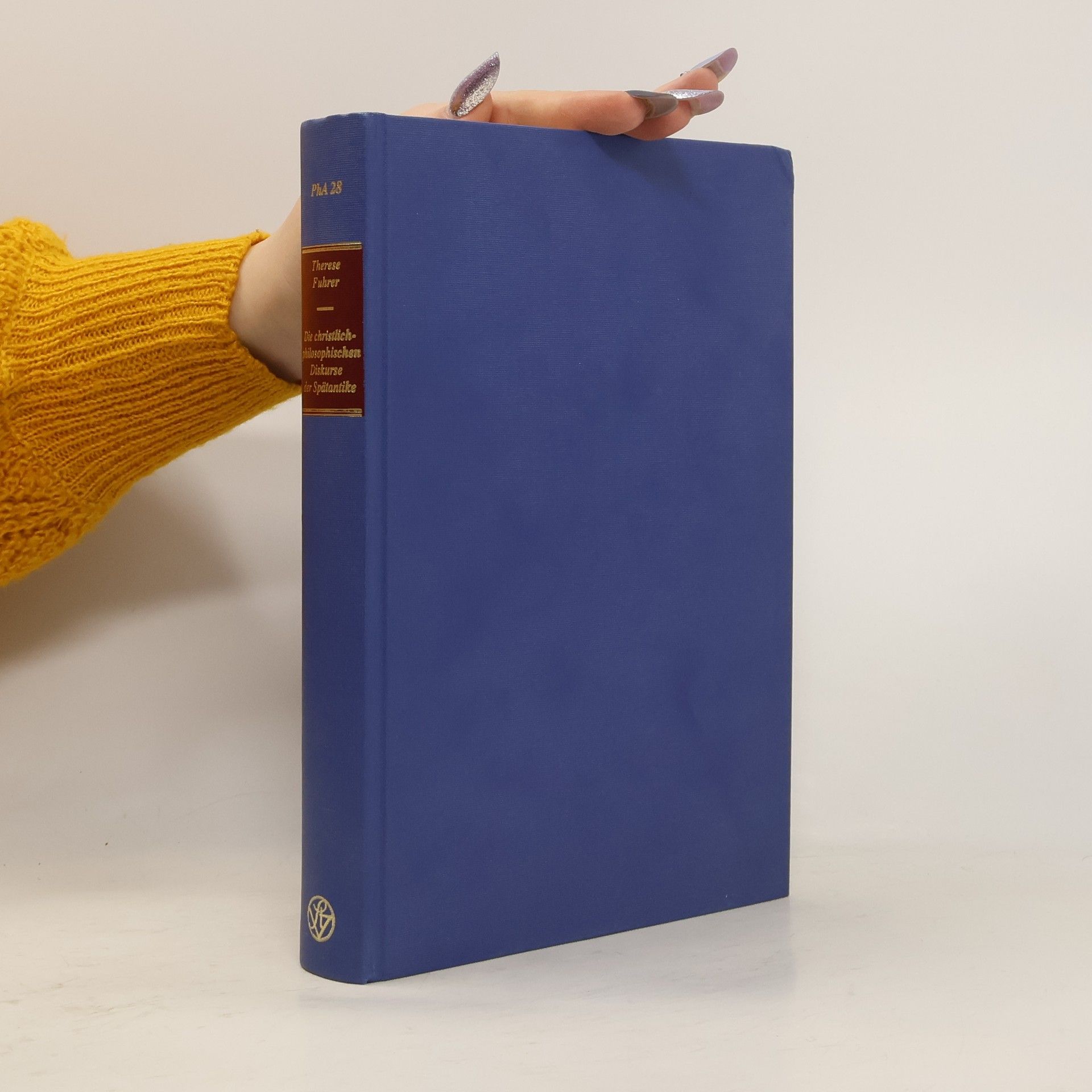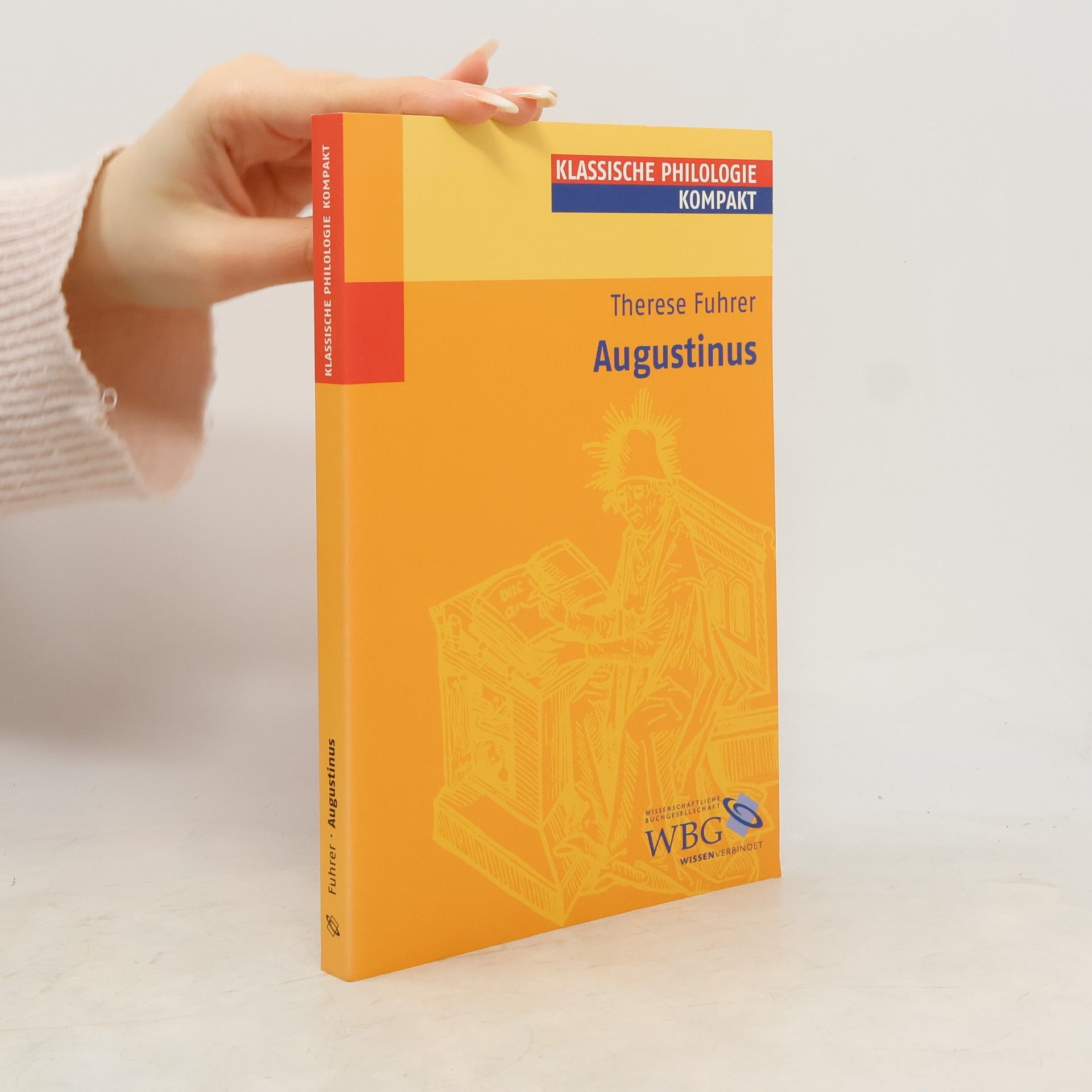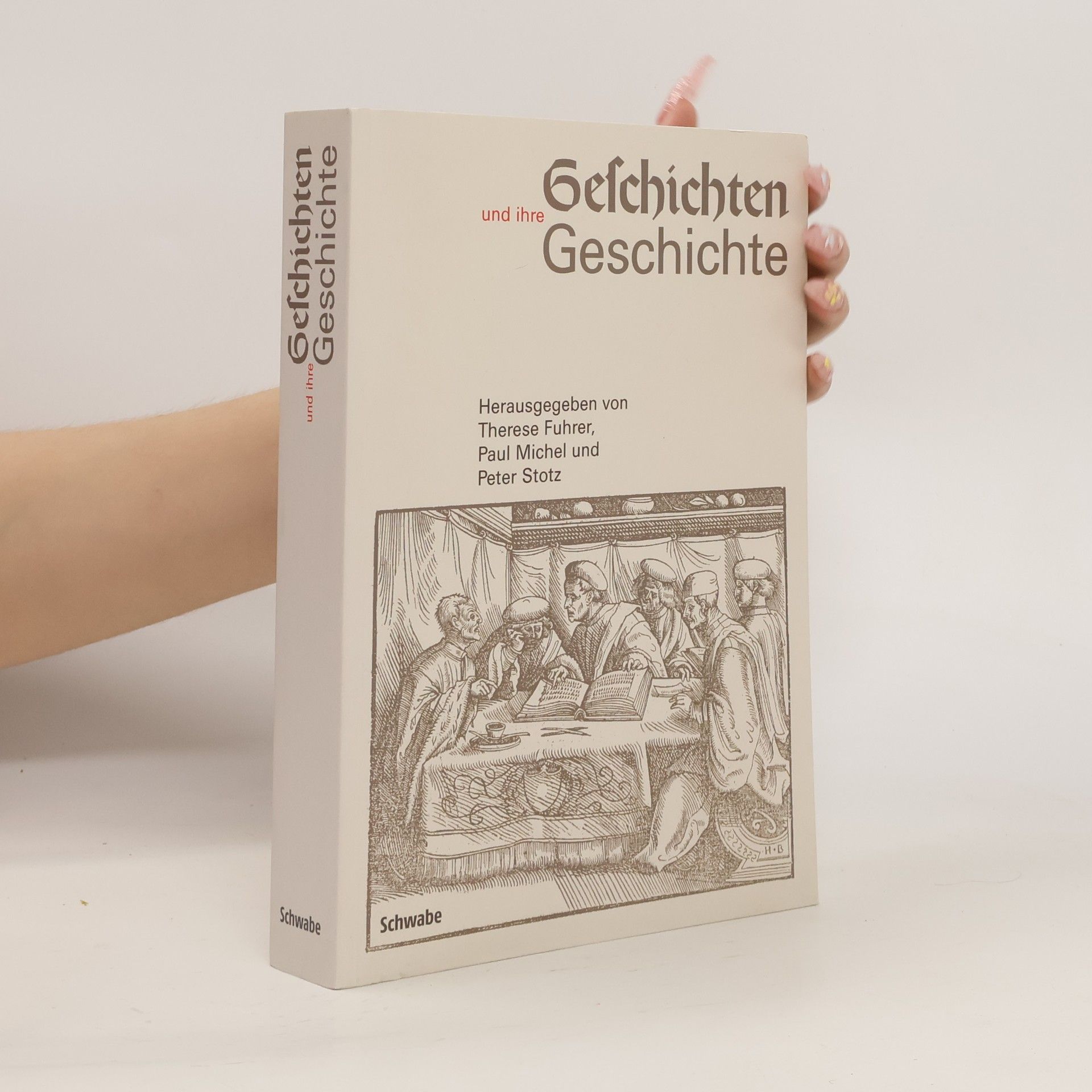Mankind’s constant struggle with physical as well as mental weaknesses is omnipresent in ancient literature: misconduct, wrongdoing, failure and experiences of contingency are anthropological phenomena. Ancient ethics, epistemology, and natural philosophy have developed different theoretical approaches and guidelines on how to act and how to overcome all kinds of problems. Christian theology, on the other hand, has explained moral failure as a symptom of original sin, comparing decline and destruction to a burden from which mankind is relieved only at the end. The contributions explore how ancient philosophical texts, both pagan and Christian, explain, conceptualize and integrate the myriad manifestations of human fallibility into the different philosophical schools. The focus is on anthropological, ontological and theological concepts that analyse and reflect human fallibility, as well as on the textual and linguistic representation of the phenomenon in ancient literature. Several contributions in the volume explore literary texts that discuss or illustrate the philosophical dimension of fallibility, such as satire’s or tragedy’s (often exaggerated) depiction of human weakness.
Therese Fuhrer Book order (chronological)






Das antike Drama
- 128 pages
- 5 hours of reading
Noch heute stehen die Dramen von Aischylos, Sophokles, Euripides und Aristophanes auf den Spielplänen unserer Theater. Doch auch die Werke von Menander, Plautus, Terenz und Seneca gehören zu den überzeitlichen Schätzen der Weltliteratur. In dieser einführenden Darstellung wird das Schaffen eines jeden der Dichter knapp und klar beschrieben; ihre Stücke werden exemplarisch interpretiert. So wird auch die Entwicklung der Form des Dramas in der Antike unter ihren je unterschiedlichen medialen, sozialen und politischen Bedingungen verständlich.
Die christlich-philosophischen Diskurse der Spätantike
Texte, Personen, Institutionen: Akten der Tagung vom 22.-25. Februar 2006 am Zentrum für Antike und Moderne der Albert-Ludwigs-Universität Freiburg
- 438 pages
- 16 hours of reading
Während die Forschung zur Spätantike in der Regel einzelne Texte und Autoren ins Zentrum stellt, welche die Geistesgeschichte dieser Zeit entscheidend beeinflussten, untersuchen hier einundzwanzig Forscherinnen und Forscher das Zusammenwirken unterschiedlicher Faktoren, die im 4. und 5. Jahrhundert im römischen Reich einerseits von Institutionen und andererseits von einzelnen Persönlichkeiten ausgingen. Durch die Kopräsenz verschiedener Personen, die Koinzidenz von Ereignissen und die Koexistenz von Institutionen prägten sich theologische und philosophische Positionen und Lehrsysteme aus, die die weitere Entwicklung der abendländischen Geistes- und Institutionengeschichte wesentlich beeinflussten. Im Sinn der vom , New Historicism‘ angeregten Forschungsperspektive wird versucht, Texte unterschiedlichster Konvenienz – neben der so genannten , Höhenkammliteratur‘ auch Briefe, Predigten, Konzilsakten – als Dokumentationen philosophisch-theologischer Verhandlungen in ihrem historischen Kontext zu analysieren und zu verstehen.
Geschichten und ihre Geschichte
- 440 pages
- 16 hours of reading
Augustinus
- 200 pages
- 7 hours of reading
Die Reihe KLASSISCHE PHILOLOGIE KOMPAKT vermittelt verlässliches Grundlagenwissen zu den zentralen Themen der Klassischen Philologie. Die Einzelbände bieten konzise und klar gegliederte Informationen, die eine rasche und umfassende Einarbeitung ermöglichen. Im Mittelpunkt stehen wichtige Gattungen und literarhistorisch bedeutsame Epochen oder Wirkungszusammenhänge. Fakten, Begriffe und historische Hintergründe werden übersichtlich dargestellt. Zeittafeln, Quellen in Übersetzung, Erläuterungen und ein kommentiertes Quellen- und Literaturverzeichnis veranschaulichen und ergänzen die Inhalte. Augustinus (354–430) gilt als eine der prominentesten Persönlichkeiten der Spätantike und als einer der großen Autoren der antiken Literatur. Er steht mit seinem Wirken an der Schwelle zum Mittelalter und hat durch seine Schriften die religiösen und ethischen Anschauungen der folgenden Jahrhunderte entscheidend geprägt. Die Autorin erläutert ausführlich die historischen Hintergründe sowie die Biografie Augustins. Die einzelnen Werke oder Werkgruppen werden vorgestellt und sorgfältig interpretiert. Ein Ausblick auf die bedeutende Nachwirkung der augustinischen Lehre und Schriften ergänzt den Band.